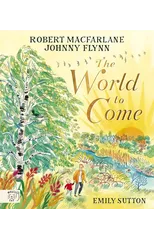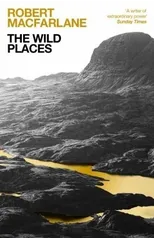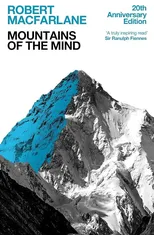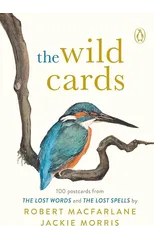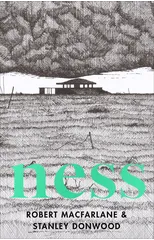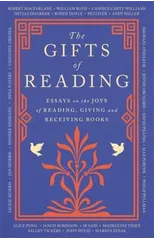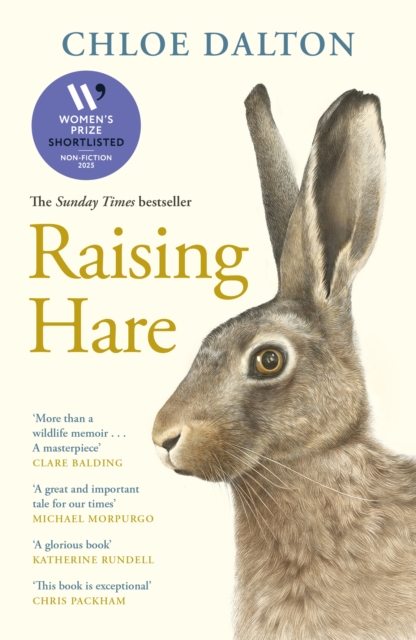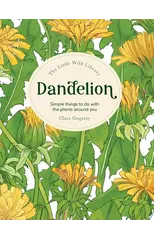Is A River Alive?
(Author) Robert MacfarlaneFrom celebrated writer Robert Macfarlane comes this brilliant, perspective-shifting new book - which answers a resounding yes to the question of its title. At its heart is a single, transformative idea: that rivers are not mere matter for human use, but living beings - who should be recognized as such in both imagination and law. Is a River Alive? takes the reader on an exhilarating exploration of the past, present and futures of this ancient, urgent concept. The book flows first to northern Ecuador, where a miraculous cloud-forest and its rivers are threatened by goldmining. Then, to the wounded rivers, creeks and lagoons of southern India, where a desperate battle to save the lives of these waterbodies is under way. And finally, to north-eastern Quebec, where a spectacular wild river - the Mutehekau or Magpie - is being defended from death by damming in a river-rights campaign. At once Macfarlane's most personal and most political book to date, Is a River Alive? will open hearts, spark debates and lead us to the revelation that our fate flows with that of rivers - and always has
Robert Macfarlane
Robert Macfarlane is a British writer known for his work in the genre of nature writing and landscape literature. His writing often explores the relationships between nature, language, and culture, and he is known for his lyrical prose and vivid descriptions of the natural world.
Macfarlane's most notable works include "Mountains of the Mind," "The Wild Places," and "The Old Ways." These books have been praised for their evocative descriptions of landscapes and their exploration of the human connection to the natural world.
Macfarlane's contributions to literature include his ability to inspire readers to see the world around them in new ways, to appreciate the beauty of the natural world, and to reflect on the ways in which landscapes shape our identities and experiences. His work has had a significant impact on the genre of nature writing, and he is widely regarded as one of the leading voices in this field.
One of Macfarlane's most famous works is "The Old Ways," in which he explores the ancient paths and routes that crisscross the British landscape, reflecting on the ways in which these paths connect us to the past and shape our sense of place in the world.

